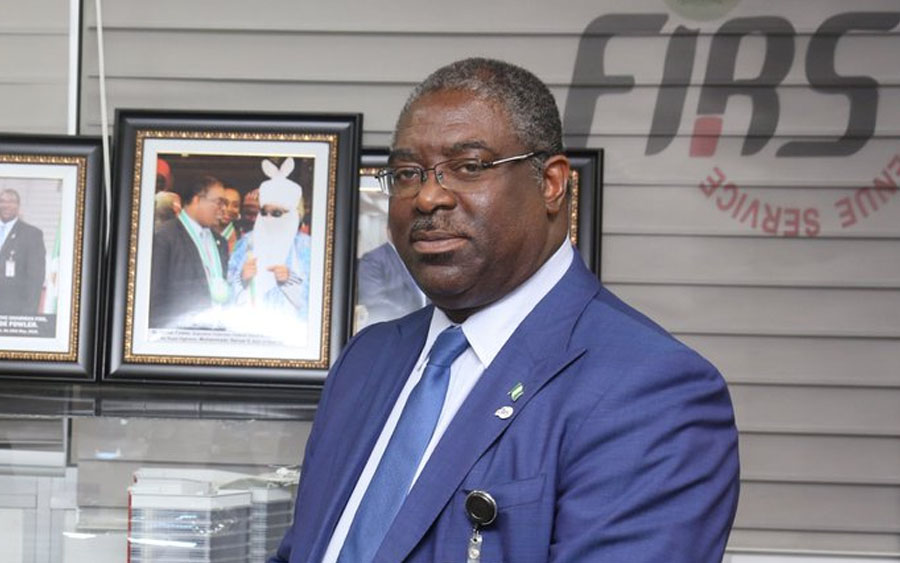Nigeria’s federal revenue surged by 411% from the N711 billion recorded in May 2023, when President Bola Tinubu took office.
A 411% growth by any measure is far beyond successful.
If any organisation had a revenue problem, a 411% revenue bump should fix it.
Let’s examine the financial records of the Federal Government of Nigeria (FGN).
This exercise is challenging because it is rather difficult to get updated books of account of the FGN. The most updated are the debt numbers for Q1 2025 from the Debt Management Office. We will use that, along with the numbers quoted by Dr Zacch Adedeji, Executive Chairman of the Federal Inland Revenue Service (FIRS).
Let’s do some numbers.
Nigerian borrowings are substantial. The 2025 budget deficit of N13.08 trillion is expected to be primarily financed by debt. The President has indicated that he will not borrow locally, but this does not matter, as the deficit will still need to be funded in Naira. If we roughly extrapolate the 2025 budget, we can agree on N1 trillion a month, that’s One Trillion in new debt.
To be clear, the FGN is borrowing even if it hits its revenue target. So with or without revenue, the FGN can’t do much without borrowing.
The following considerable number is FX debt servicing. In Q1 2025, according to the Debt Management Office, the Federation paid $1.39 billion to service its FX debt.
If we convert this using $1:N1,500, that’s approximately N209 billion to service external debt. Local debt stands at N2.60 trillion, resulting in a total debt servicing of N2.81 trillion for just one quarter. Note that the States and LGA only make up 2.59% of the total debt.
Now, a caveat: debt service numbers are not fixed, but if we assume they are, then every month, to service the debt, the payment is N940 billion. Add the N1 trillion in the new 2025 debt, and Nigeria will borrow approximately N1.94 trillion every month; let’s round it to N2 trillion per month. (I stress this is back-of-the-envelope math.)
To revenues, if we take the FIRS Chairman’s figures of N20 trillion in 8 months, that’s a run rate of N2.5 trillion. Again, if we extrapolate, that’s N3 trillion per month. In effect, nearly all the revenues that the FIRS just announced it has collected will go 80% to debt servicing alone.
Can you imagine a business stating that 80% of its currently invoiced revenues will be allocated solely to pay off the Line of Credit?
We have not mentioned Salaries, the Coastal Road, or Defence spending. Just total FIRS revenues and debt servicing, where we have recent numbers. Again, this is just FIRS; there are other lines of revenue, such as FGN independent revenues and even NNPC. However, we have not mentioned Salaries or e-pensions on the expenditure side either.
It’s not a revenue problem.
Take nothing away from the FIRS; they grew the revenues by 411%. The problem is simple, that we can’t afford the budget we have signed, specifically the expenditures.
So what should the Nigerian government do? Grow revenue? They have, it’s up 411%. What about spending? Can we do anything about spending? It’s the spending that necessitates the borrowing, the deficit and the debt.
Note that borrowing can be stimulative; however, from the analysis above, if 80% of FIRS revenues are earmarked for debt service, then that means the Federal Government will have to borrow to pay salaries.
I have argued that the problem with Nigerian finances is not really the revenues that flow in, but the excessive amount of expenditures that flow out.
We must fix the spending.

















